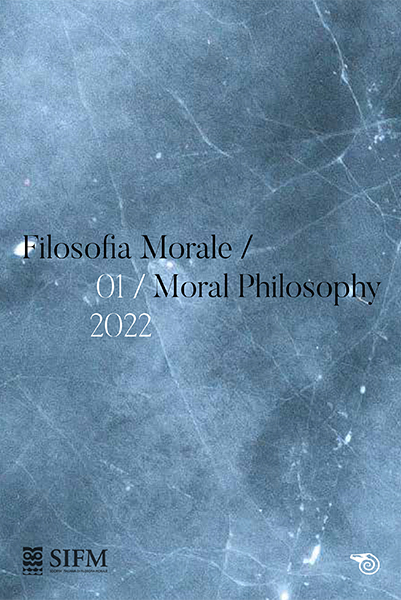Freedom and Sensibility in Kant: An Anthropological-Psychological View
Parole chiave:
Kant, Sensibility, Respect, Aesthetics, AnthropologyAbstract
Scholars disagree about whether and how Kant manages to avoid dualistic outcomes in the relation between freedom and sensibility within the moral agent. If he does not – if he portrays a moral agent who must judge and act without taking emotions, sentiments, and passions into account – then authors such as Blackburn can rightly argue that Kantian ethics loses sight of the concrete individual, whose sensibility has a fundamental role, taking part in the definition of her specific identity. I argue that this portrait comes from a disputable and incomplete reading of Kant’s works. There is no dualistic outcome in the relation between freedom and sensibility in Kant. My aim is to show that there is a bridge between the rational and the sensible elements within the Kantian agent and that it can be reconstructed by analysing Kant’s works on ethics, aesthetics, and anthropology. Specifically, those elements must be thought of as in accordance, not in opposition, because sensibility is necessary for Kant’s ethics to be effective, both for the agent’s awareness of the moral law and for the agent’s motivation.



